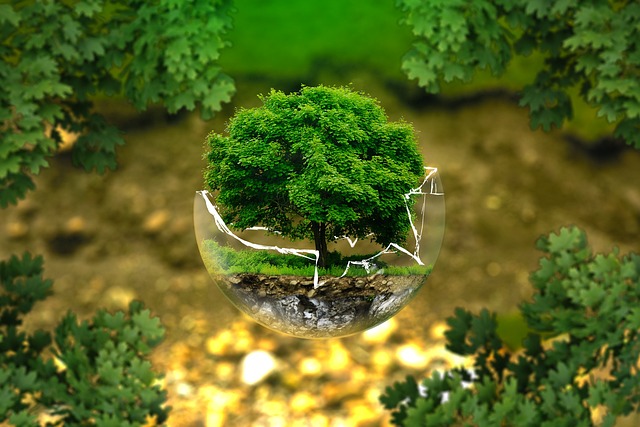Restoring Ecological Balance in a Warming Environment: Addressing Climate Change
The environment is our shared home, a complex tapestry woven from countless interactions between organisms and their surroundings. However, as climate change accelerates, maintaining this ecological balance becomes increasingly challenging. The impact of a warming planet is felt in every corner of our world, from melting glaciers to shifting ecosystems, and it’s up to us to take a stand for the health of our planet.
Climate change is not just a distant threat; it is a current reality that affects our air quality, water supply, and biodiversity. As global temperatures rise, we find our natural habitats under siege. Many species struggle to adapt or relocate in response to shifting climates, leading to a decline in biodiversity that can destabilize entire ecosystems. These changes are profoundly unsettling and serve as a stark reminder of how interconnected we all are within the web of life.
To combat these changes, we must first understand the principles of ecological balance. This concept involves the delicate harmony that exists among living organisms and their physical environment. When this balance is disrupted, it can have cascading effects that ripple through the entire ecosystem. From the bees that pollinate our crops to the forests that store carbon, every element plays a crucial role in maintaining a stable climate.
Addressing climate change requires a multifaceted approach. One vital aspect is restoring and preserving natural habitats. Reforestation efforts, wetland restoration, and the protection of coral reefs are essential strategies that not only combat climate change but also help to restore ecological balance. By prioritizing these initiatives, we can create environments that support diverse species and mitigate the effects of a warming climate.
Additionally, we must rethink our agricultural practices. Sustainable farming techniques, such as permaculture and agroforestry, promote ecological balance by working in harmony with nature rather than against it. These practices enhance soil health, increase biodiversity, and improve resilience to climate impacts, ultimately benefiting the environment and food security.
We also have a role to play in our daily choices. By reducing waste, conserving energy, and supporting local producers, we can contribute to a healthier planet. Every action, no matter how small, can help cultivate ecological balance in a warming world.
Education and advocacy are critical components of this effort. Promoting awareness about climate change and its effects on the environment empowers individuals and communities to take action. Through grassroots movements and policy changes, we can push for systemic reforms that prioritize environmental sustainability and protect our planet for future generations.
As we face the reality of a changing climate, it is essential to remain hopeful and proactive. Each step we take towards restoring ecological balance is a step towards healing the earth. Together, we can foster resilience and adaptation in our ecosystems, ensuring that our environment thrives even in the face of climate change.




